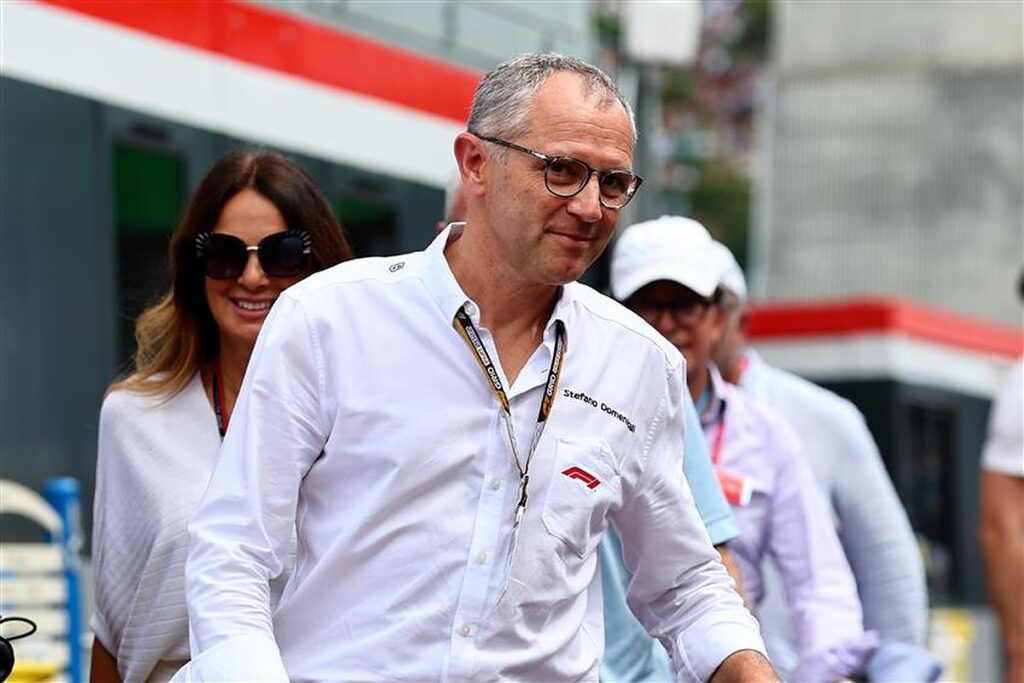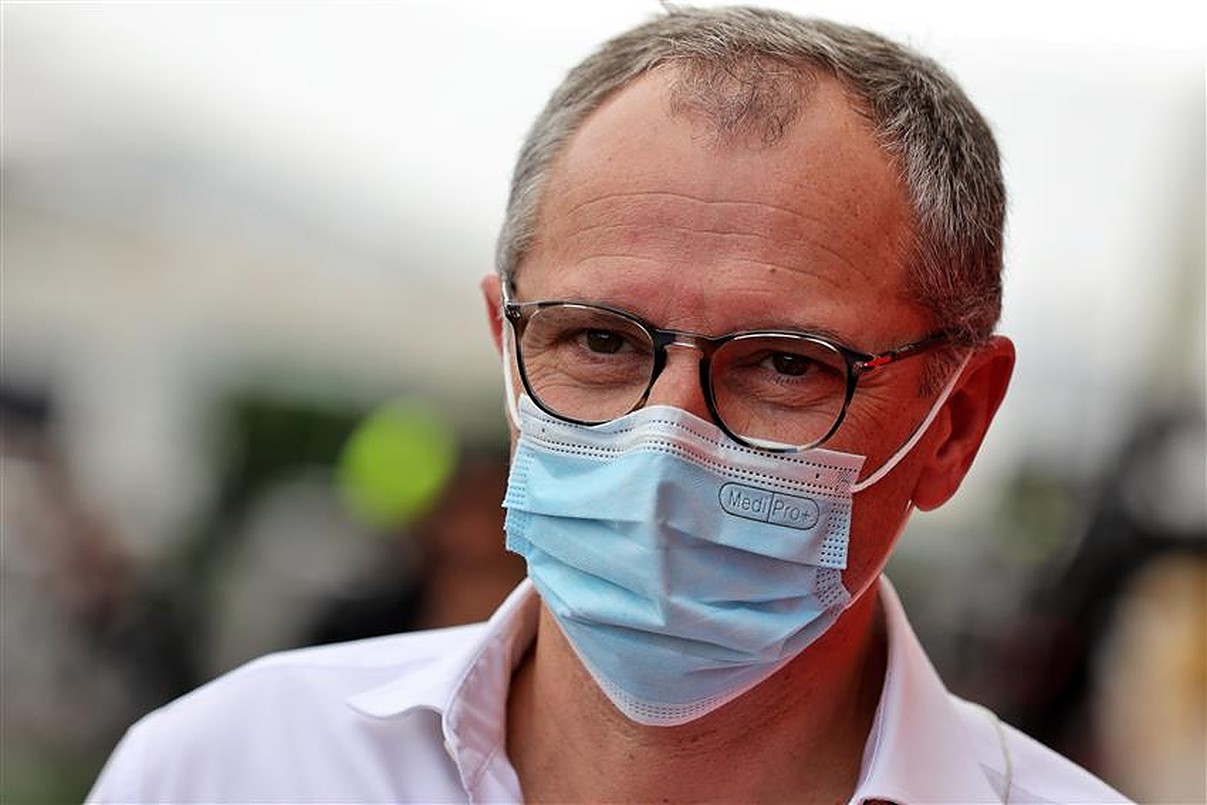Formula 1 CEO Stefano Domenicali has announced that the sport plans to increase the noise produced by the engines when new regulations are implemented in 2026.
The current power units, which have been in use since 2014, shifted F1 towards a more sustainable future with V6 turbo-hybrids replacing the previous V8 engines.
However, the initial iterations of the hybrid power units faced criticism for their subdued sound.
Although engine noise has improved in recent years, the nostalgic roars of the 2000s and early 2010s still remain elusive, leaving trackside fans yearning for a more captivating sensory experience akin to other racing categories.

Want to work in Formula 1? Browse the latest F1 job vacancies
During an interview with the Beyond the Grid podcast, Domenicali addressed the shifting perspectives on engine sound.
He recalled: “I remember just a couple of years ago, people were saying, ‘The young generation are not interested anymore to have the incredible sound of the engine.’
“Actually, today, even the young fans that are approaching Formula 1 now want to have sound back because it’s part of an emotional journey when you’re coming here that you want to feel.”
Domenicali expressed his commitment to addressing this fan demand by indicating that changes would be implemented when F1 transitions to a new set of power unit regulations in 2026.
In an interview with Australian radio station 3AW, he stated: “The intention is to make sure in the new regulation the engine [noise] itself will be higher because that’s part of our emotion.
“It is really what our fans want to hear, and that’s the duty for us to commit to that.”
READ: Lewis Hamilton accepts rival’s superior drive
The Formula 1 CEO acknowledged the unique auditory experience that fans crave and emphasised the importance of delivering a more captivating sound.
He remarked: “We need to have a different sound. It’s music to my ears. It’s true that we had the 12 cylinders; it was a different frequency, very loud.
“And then 10, eight, six – it’s not [going] down again. It’s just the situation is different. Of course, we need to be a hybrid; we’re going hybrid for the future.”

